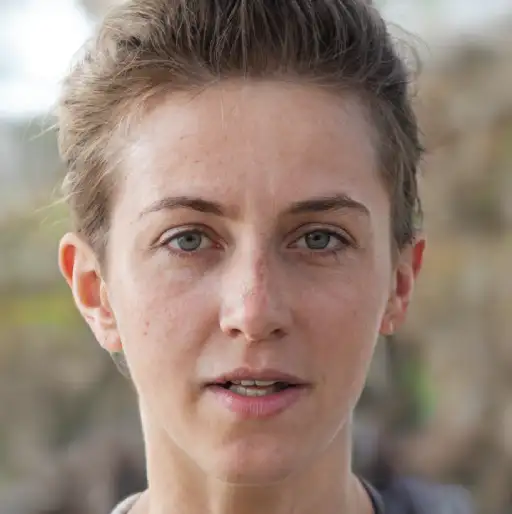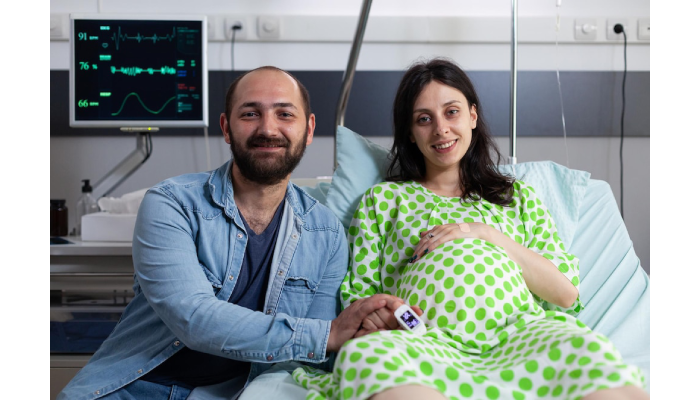For many women and couples, building a family is a dream they hold dear. However, not every journey to parenthood is straightforward, and some may encounter challenges when it comes to fertility. Fortunately, advancements in reproductive technology offer hopeful solutions. Egg donation is one of these solutions, and it has helped countless families fulfill their dream of having children.
In this article, we will explore the process of egg donation, how it can benefit individuals and couples facing infertility, and why seeking an egg donor in San Diego could be the right option for those looking to expand their families.
What is Egg Donation?
Egg donation is a medical process in which a woman donates her eggs (ova) to another individual or couple to help them conceive. This process is often used when a woman has difficulty producing viable eggs due to age, medical conditions, or genetic concerns.
The donor’s eggs are fertilized by sperm through in vitro fertilization (IVF), and the resulting embryo is transferred into the recipient’s uterus. If successful, the pregnancy can progress normally, resulting in the birth of a child.
Egg donor San Diego provides an incredible opportunity for women or couples facing infertility to grow their families, even when traditional conception methods may not be viable.

Who Can Benefit from Egg Donation?
Several factors can lead individuals or couples to consider egg donation as a path to parenthood. Here are some of the most common reasons:
Advanced Maternal Age
As women age, their fertility naturally declines. After the age of 35, the number and quality of eggs decrease, which can make conceiving more difficult. For women over 40 or those with diminished ovarian reserve, egg donation can provide a viable option to achieve a successful pregnancy.
Medical Conditions or Surgeries
Certain medical conditions, such as premature ovarian failure or autoimmune diseases, can impact a woman’s ability to produce healthy eggs. Additionally, women who have undergone surgeries such as chemotherapy, which can affect ovarian function, may find egg donation to be a viable alternative.
Genetic Concerns
For couples with a history of genetic disorders, egg donation can provide a way to avoid passing on these conditions to their children. By selecting an egg donor with no genetic concerns, parents can have greater peace of mind knowing their child will have a healthy genetic foundation.
Same-Sex Couples and Single Women
For same-sex couples or single women who wish to have biological children, egg donation allows them to experience pregnancy and birth with the help of an anonymous or known donor.
Failed IVF Attempts
Women who have undergone IVF multiple times with their own eggs but have not been successful may turn to egg donation as a more reliable solution.
The Egg Donation Process
While the process may seem complex, it is a highly regulated and carefully monitored procedure that involves several important steps. Here’s a general overview of how egg donation works:
Selecting an Egg Donor
The first step in the process is selecting an egg donor in San Diego (or another location). Many fertility clinics and egg donation agencies offer a wide range of donor profiles, allowing you to select someone whose traits and background align with your preferences. Donors are typically screened for medical history, genetic disorders, and lifestyle factors to ensure their suitability.
Egg Stimulation and Retrieval
Once an egg donor is chosen, she undergoes hormone therapy to stimulate her ovaries to produce multiple eggs. This process, known as ovarian stimulation, involves taking injectable hormones over a period of 10-14 days. During this time, the donor is closely monitored through blood tests and ultrasounds to track her response to the hormones.
When the eggs are ready for retrieval, the donor undergoes a minor outpatient surgical procedure. The procedure is performed under sedation, and a needle is used to collect the eggs from her ovaries. This typically takes around 20 minutes, and the donor can return to normal activities after a brief recovery period.
Fertilization
Once the eggs are retrieved, they are fertilized in the laboratory using sperm from the intended father or a sperm donor. In some cases, intracytoplasmic sperm injection (ICSI) may be used, where a single sperm is injected directly into an egg to increase the chances of successful fertilization.
Embryo Transfer
The fertilized embryos are cultured for a few days, and the best-quality embryos are selected for transfer. One or more embryos are then placed into the recipient’s uterus, where implantation can occur. This is typically done through a non-invasive procedure called a “painless” embryo transfer.
If the embryo successfully implants, a pregnancy test will confirm the pregnancy about 10-12 days after the transfer.
Monitoring and Pregnancy Confirmation
Following the embryo transfer, the recipient is monitored with blood tests and ultrasounds to ensure the pregnancy is progressing. If successful, the pregnancy will continue as with any normal pregnancy, and regular prenatal care will begin.
Benefits of Choosing an Egg Donor in San Diego
For individuals and couples considering egg donation, San Diego is a great place to explore this option. Here’s why:
Top-Quality Fertility Clinics
San Diego is home to some of the best fertility clinics and egg donor agencies in the country. These clinics employ highly experienced reproductive specialists who offer personalized care, ensuring the best possible outcome for each patient.
Access to a Diverse Pool of Donors
The city boasts a diverse population, which means recipients have access to a wide range of egg donors with different ethnic backgrounds, physical traits, and educational achievements. This allows for a more tailored selection process, making it easier to find a donor who aligns with your preferences.
Cutting-Edge Technology
San Diego fertility clinics are known for their advanced technology and techniques. From genetic screening to state-of-the-art embryo culture systems, the area offers the latest advancements in reproductive medicine, increasing the chances of a successful pregnancy.
Confidentiality and Support
Egg donation is a highly confidential process, and clinics in San Diego prioritize the privacy of both donors and recipients. Additionally, these clinics offer compassionate support services, including counseling and guidance throughout the process, making the experience smoother and less stressful.
Emotional and Psychological Considerations
While egg donation can be an incredibly effective way to grow your family, it’s important to acknowledge the emotional and psychological considerations involved. The process of using an egg donor can bring up feelings of loss, confusion, or even guilt for some individuals. Therefore, it’s essential to have a strong support system in place, including family, friends, or a professional counselor, to help navigate the emotional journey.
Many clinics offer counseling services for recipients, helping them understand and cope with their feelings. It’s important to be open to these services, as they can provide invaluable support as you move forward in your family-building journey.
Conclusion
Egg donation offers a transformative opportunity for women and couples facing infertility to fulfill their dreams of parenthood. Whether due to age, medical reasons, or personal circumstances, choosing an egg donor in San Diego can help you create the family you’ve always wanted. By understanding the process and knowing what to expect, you can make an informed decision and begin your journey with confidence.
Remember, it’s a decision that requires emotional preparation, but with the right support, egg donation can be the fulfilling path to growing your family and experiencing the joy of parenthood.

Fran Bullock, a literary explorer rooted in the charm of England, unearths stories that resonate with the echoes of history. With a quill dipped in nostalgia, she pens tales that bridge the past and present, weaving narratives that captivate the soul.




